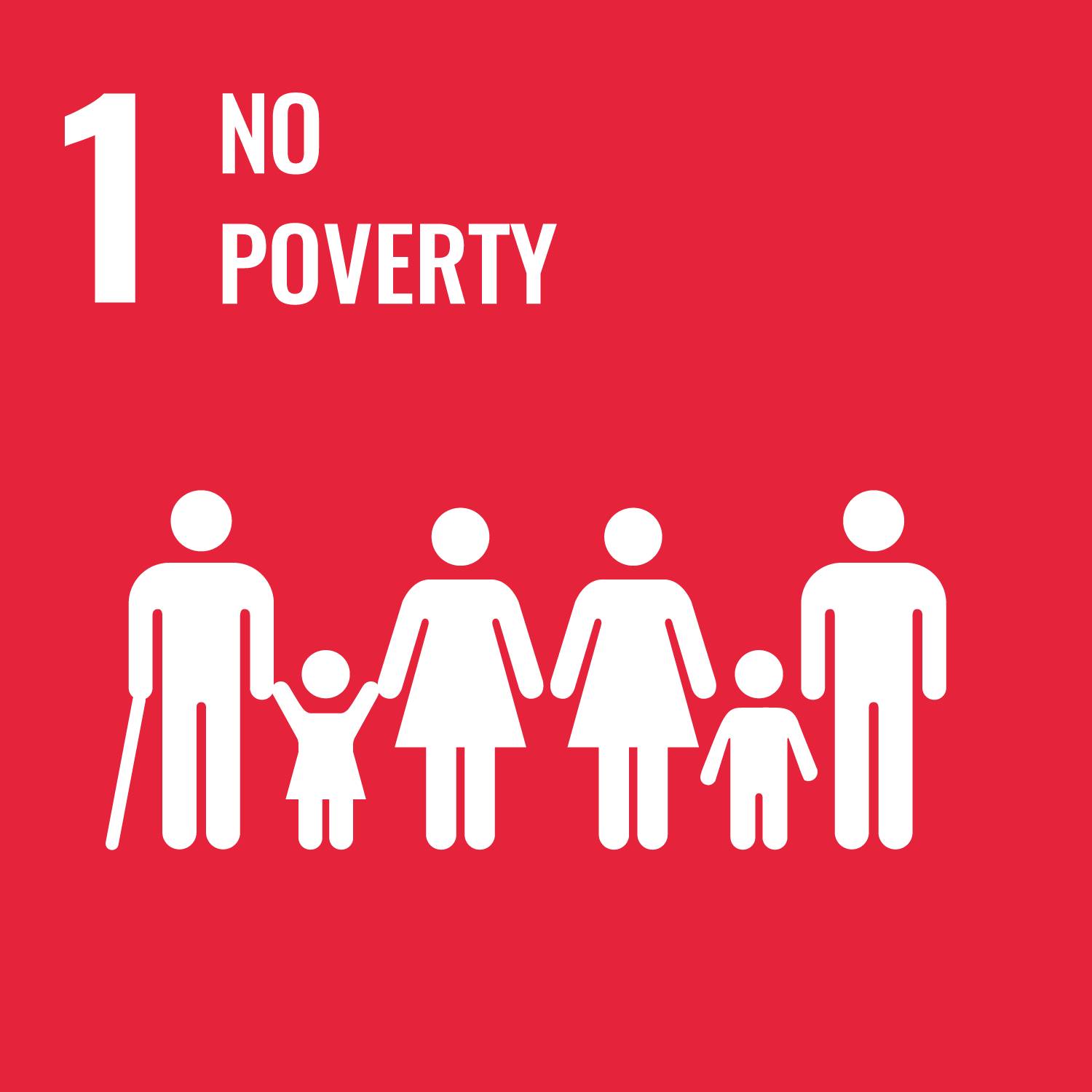This article draws upon the work of, inter alia, the Williams Institute, Rankin and Chambers in its argument that socioeconomic disadvantage is not linear for people who identify as part of a sexual and/or gender identity. Early age experiences in school (bullying, stigma, sense of ‘being different) and in family life were pivotal points in interviewees’ economic journeys. Negative experiences in early life were sometimes correlated with decreased economic opportunities as students dropped out of school. Conversely, gender and sexual differences were also associated with increased economic opportunities: as individuals were ‘freed’ from the confines of family-imposed gender roles (as a result of being disowned or moving away from biological family), they were able to engage in non-normative income generating activities. For instance, working in the NGO sector and certain private sector industries.
The article points to the advances in legal provisions for gender and sexual difference in Nepal (namely the ability of transgender or nonbinary persons to select ‘other’ as their gender on official government documentation), but also points to the deeply engrained social biases that hinder the advancement of sexual and gender minority rights.
The report concludes by offering several recommendations. All of these recommendations focus on the need for holistic approaches that instigate systemic change and tackle the underlying factors of economic disadvantage.








